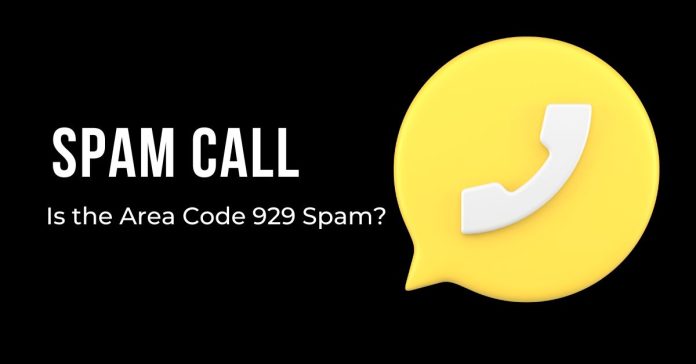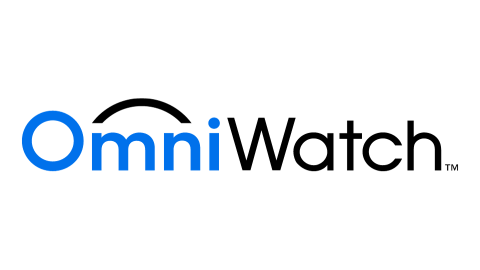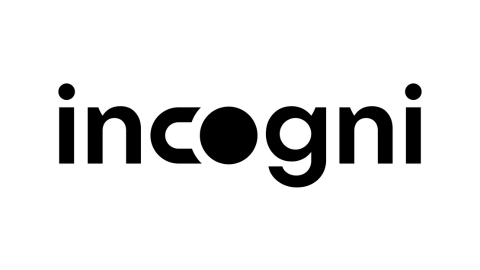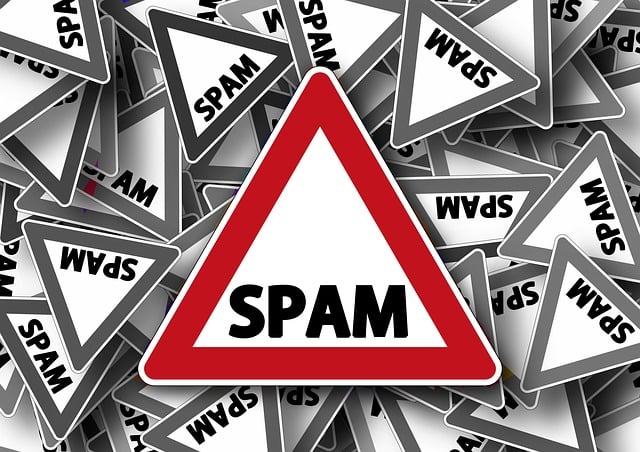Is the area code 929 spam? Read this post to find out…
Communication has evolved significantly in the modern digital era, offering numerous ways to stay connected. However, this evolution has also given rise to new challenges, including the proliferation of spam calls.
One particular area code that has garnered attention is 929. This article delves into the issue of spam calls associated with the 929 area code, examining its origins, why it’s targeted, the impact on recipients, and strategies to combat such nuisance calls.
Table of Contents
Understanding Area Code 929
Origin and Geography
Area code 929 is a relatively new addition to the North American Numbering Plan designated for New York City. Introduced in 2011, it serves the boroughs of the Bronx, Brooklyn, Queens, Staten Island, and parts of Manhattan.
The introduction of 929 was necessitated by the exhaustion of available numbers in the existing area codes due to the dense population and high demand for telephone services in New York City.
Legitimate Uses
While 929 is a valid area code serving a central metropolitan area, its association with spam calls does not imply that all calls from this area code are fraudulent.
Numerous legitimate businesses and residents use 929 for genuine purposes, making it crucial to distinguish between authentic and spam calls.
Identity Protection Services Recommendations
While understanding area codes can help identify potential spam calls, protecting your personal information is crucial in today’s digital age. Consider using identity protection services to add an extra layer of security:
OmniWatch
It offers comprehensive identity monitoring, including dark web surveillance and credit report tracking. It alerts you to potential threats and assists you if your identity is compromised.
Incogni
Focuses on removing your personal information from data broker databases. This service can help reduce spam calls and unwanted marketing by limiting the availability of your contact details.
DeleteMe
It specializes in removing your personal information from public websites and databases. It conducts regular sweeps to ensure your data stays private, potentially reducing the risk of spam calls and identity theft.
These services can complement your efforts to avoid spam calls by reducing your digital footprint and enhancing your data security.
The Rise of Spam Calls
What Are Spam Calls?
Spam calls are unsolicited calls made to many recipients, typically for fraudulent or deceptive purposes. These calls often originate from telemarketers, scammers, and automated systems aiming to extract personal information, sell products, or execute scams.
Why 929?
The choice of area code 929 by spammers is strategic. Being a bustling hub of activity with a diverse and dense population, New York City presents an attractive target for scammers. The familiarity and credibility associated with a New York area code can increase the likelihood of recipients answering these calls, thus amplifying the potential success of the scam.
Types of Spam Calls from 929
Robocalls
Robocalls are automated calls that deliver pre-recorded messages. They are a prevalent form of spam calls, ranging from legitimate notifications to fraudulent schemes. In the context of 929, many recipients report receiving robocalls claiming to be from government agencies, financial institutions, or tech support services.
Phishing Scams
Phishing scams involve deceptive practices to trick individuals into divulging personal information such as Social Security numbers, bank details, or passwords. Calls from 929 may impersonate legitimate organizations, creating a sense of urgency to compel recipients to share sensitive information.
Telemarketing Scams
While not all telemarketing calls are fraudulent, many unsolicited sales calls fall into the spam category. These calls may promote dubious products, fake services, or even non-existent charitable causes. Area code 929 is frequently used for telemarketing scams, often targeting vulnerable individuals.
Impact on Recipients
Financial Loss
One of the most significant risks associated with spam calls is financial loss. Scammers may trick individuals into making payments for non-existent services, donating to fake charities, or providing bank details that can be used for unauthorized transactions.
Privacy Breach
Spam calls often aim to gather personal information, leading to potential privacy breaches. This information can be used for identity theft, unauthorized account access, and other malicious activities.
Psychological Stress
Repeated spam calls can cause significant psychological stress. The constant interruption and the fear of falling victim to a scam can lead to anxiety, frustration, and a sense of helplessness.
Identifying Spam Calls from 929
Caller ID and Spoofing
Caller ID is a valuable tool for identifying spam calls, but it is not foolproof. Spoofing is a common tactic where scammers manipulate the caller ID to display a different number. As a result, calls appearing to originate from area code 929 might not be from that location.
Common Red Flags
- Unsolicited Calls: Calls from unknown numbers, especially those asking for personal information or money, are suspicious.
- High Pressure Tactics: Scammers often use urgent language, claiming immediate action is required.
- Too Good to Be True Offers: Promises of free gifts, prizes, or significant financial gains are often scams.
Verification Steps
- Hang Up and Verify: If uncertain, hang up and contact the organization directly using a verified number.
- Online Research: Search for the number online to see if it has been reported as spam.
- Use Call Blocking Apps: These apps can help identify and block known spam numbers.
Combating Spam Calls
Regulatory Measures
A. Federal Trade Commission (FTC)
The FTC plays a pivotal role in combating spam calls. The FTC aims to protect consumers from unwanted calls through initiatives like the National Do Not Call Registry and the Telemarketing Sales Rule (TSR) enforcement. However, the effectiveness of these measures can be limited due to the global nature of many spam call operations.
B. Federal Communications Commission (FCC)
The FCC also contributes to the fight against spam calls. Regulations such as the Truth in Caller ID Act prohibit caller ID spoofing with the intent to defraud. The FCC’s ongoing efforts include collaborations with telecommunications companies to implement technologies like STIR/SHAKEN, which authenticate caller IDs.
Technological Solutions
A. Call Blocking Apps
Various apps are available to help consumers block spam calls. These apps use databases of known spam numbers to filter and block incoming calls. Popular options include:
- Hiya: Provides caller ID, spam detection, and call blocking.
- Truecaller: Identifies spam calls and offers blocking features.
- Nomorobo: Blocks robocalls and other spam calls.
B. Carrier Services
Telecommunication carriers offer services to help customers manage spam calls. For example:
- AT&T Call Protect: Identifies and blocks spam calls.
- Verizon Call Filter: Detects and filters unwanted calls.
- T-Mobile Scam Shield: Provides scam identification and blocking.
User Best Practices
- Do Not Answer Unknown Numbers: If unsure, let the call go to voicemail.
- Report Spam Calls: Report spam calls to the FTC and FCC.
- Use Call Screening Features: Many smartphones have built-in call screening features to help manage incoming calls.
Case Studies and Real-Life Examples
Personal Accounts
Numerous individuals have shared their experiences with spam calls from area code 929. These stories highlight the varied tactics scammers use and their impact on victims.
Legal Actions
Several legal actions have been taken against entities responsible for spam calls. These cases demonstrate the efforts of regulatory bodies to hold perpetrators accountable and reduce the prevalence of spam calls.
Conclusion
Spam calls from area code 929 represent a significant nuisance and potential threat to recipients.
Understanding the origins and types of these calls, recognizing red flags, and employing strategies to combat them is crucial to protecting oneself.
While regulatory measures and technological solutions provide some relief, continued vigilance and proactive measures are essential in the ongoing battle against spam calls.
By staying informed and taking appropriate actions, individuals can reduce the risk of falling victim to these pervasive scams.
INTERESTING POSTS
About the Author:
Daniel Segun is the Founder and CEO of SecureBlitz Cybersecurity Media, with a background in Computer Science and Digital Marketing. When not writing, he's probably busy designing graphics or developing websites.












